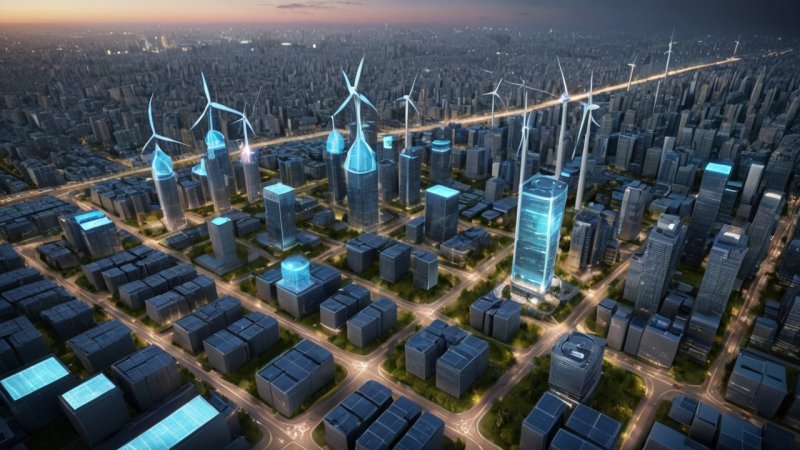Introduction
As the world moves towards a more sustainable and efficient energy future, the integration of smart grids has become a focal point in technology and engineering. Smart grids utilize advanced technology to enhance the reliability, efficiency, and sustainability of electricity services. Engineering plays a crucial role in the development of these smart grids. Here, we explore the top five reasons why engineering is essential for the advancement of smart grids.
1. Innovative Technology Integration
Engineers are at the forefront of integrating innovative technologies into smart grids. This includes the use of IoT devices, sensors, and advanced metering infrastructure that facilitate real-time monitoring and management of energy resources. By leveraging these technologies, engineers can create systems that optimize energy distribution and consumption, leading to reduced waste and improved efficiency.
2. Enhanced Energy Management
Smart grids enable better energy management through the implementation of dynamic pricing and demand-response programs. Engineers design algorithms and software that allow utilities to analyze consumption patterns and adjust pricing in real-time. This not only empowers consumers to make informed decisions about their energy use but also helps utilities balance supply and demand more effectively.
3. Resilience and Reliability
One of the key benefits of smart grids is their enhanced resilience to disruptions, whether from natural disasters or cyberattacks. Engineers develop robust systems that can quickly identify and isolate faults, ensuring that power can be rerouted and restored with minimal downtime. This resilience is critical for maintaining the stability of the energy supply, especially in urban areas.
4. Environmental Sustainability
Smart grids are designed with sustainability in mind, promoting the integration of renewable energy sources such as solar and wind. Engineers play a vital role in creating systems that can seamlessly incorporate these variable energy sources into the grid. By facilitating a cleaner energy mix, smart grids contribute to reducing greenhouse gas emissions and combating climate change.
5. Improved Consumer Engagement
Lastly, smart grids enhance consumer engagement through user-friendly interfaces and mobile applications that provide real-time data on energy consumption. Engineers focus on user experience design to ensure that these tools are accessible and informative. By empowering consumers with knowledge about their energy use, smart grids encourage more responsible consumption behaviors.
Conclusion
In conclusion, the role of engineering in the development of smart grids cannot be overstated. From integrating innovative technologies to enhancing energy management and sustainability, engineers are pivotal in shaping the future of energy systems. As we continue to advance towards a more interconnected and efficient energy landscape, the contributions of engineers will remain essential in realizing the full potential of smart grids.






